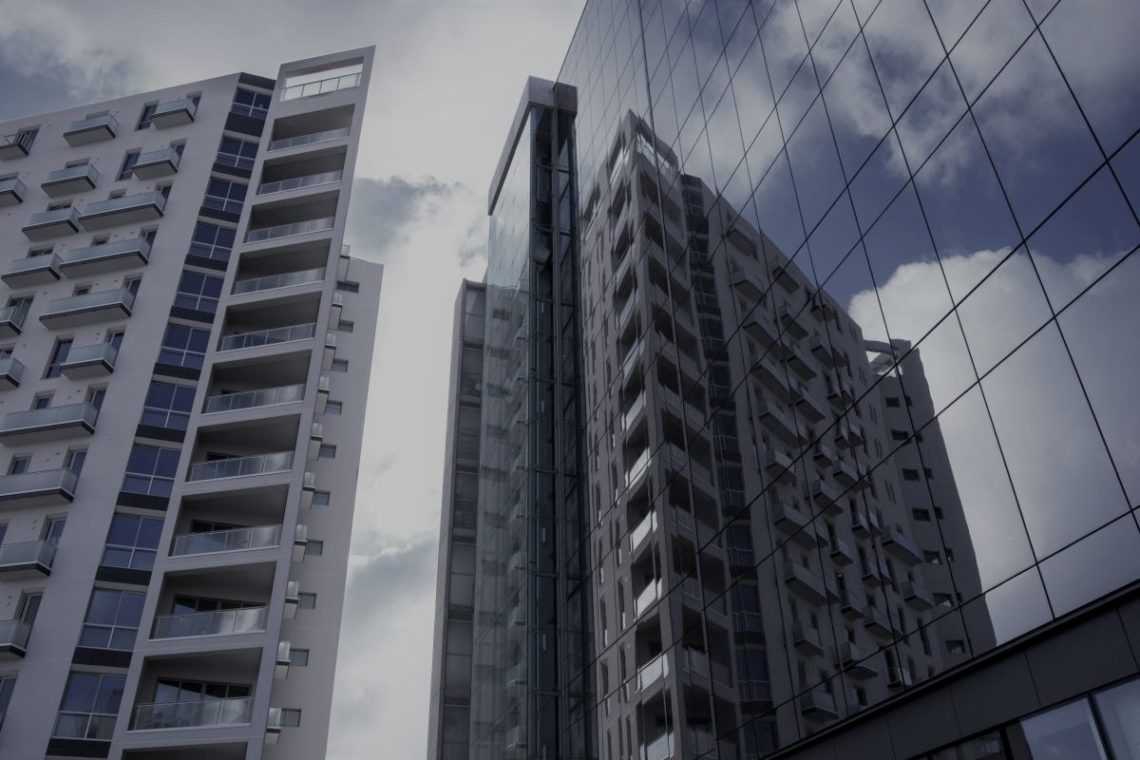
Buying Property in Malta
Property in Malta has always been a sound investment securing moderate capital growth even in the worst of times. Over the years numerous government initiatives have contributed towards various tax advantages directed at foreign businesses, professionals and retirees, making Malta a tempting destination and in turn this has had a positive effect on the demand for property be it for rental, residence or even investment. Here is an introduction to the legal process for buying property in Malta.
Procedures For Buying Property in Malta
- Together with a professional and reliable real estate agent the client’s requirements are established.
- A property is selected that reflects the client’s needs and a price is agreed with the seller.
- A legal aid is sought for the inspection of the property and contractual portion of the purchase.
- A Preliminary Agreement (locally known as a konvenju) is drawn up and signed. This agreement is typically valid for three months.
- A deposit of 10% of the value of the property is normally paid when signing the above agreement on account of the purchase price. In most cases this deposit is held by the Notary public on behalf of the buyer and transferred to the seller once the root of title of the property has been satisfactorily established.
- Both parties i.e. the vendor and the purchaser are legally bound by the agreement.
- Once the root of title has been established a final deed is signed and the new owners of the property receive the keys.
Expenses To Expect when Buying Property in Malta
Stamp duty fees in Malta, reductions and when it is not applicable:
Stamp Duty fee in Malta
Stamp duty fees amounting to a maximum of 5% of the purchase price are applicable when purchasing a property in Malta and payable by the purchaser as follows:
- An initial stamp duty equivalent to 1% of the value of the property is paid to a Notary on signing of the Preliminary agreement (konvenju). This fee is then submitted to the Inland Revenue Department and a receipt verifying payment is given.
- The final 4% of the value of the property is paid on the day of the final deed. The Notary then submits the deed to the Inland Revenue Department and a receipt from the IR Commissioner is given.
Stamp Duty on Immovable Property in Malta
Stamp duty is only chargeable on Immovable Property and is not paid on any movable items (furniture and fittings) being transferred together with the immovable property.
When the property being purchased is to be used as the purchaser’s ordinary place of residence a reduction in Stamp duty fees applies. In this case Stamp duty is charged as follows:
- 3.5% on the first €150,000 of the value of the property; followed by
- 5% on the value of the property exceeding €150,00
AIP Permit for Non-Maltese Nationals
When acquiring property in Malta, Non-Maltese nationals require an AIP (Acquisition of immovable property by a non-resident) permit. The purpose of this permit is to ensure that the applicant/purchaser is a person of good standing. This restriction does not apply to properties located in areas termed Special Designated Areas or to EU citizens when purchasing property which is to serve as their primary residence. Special Designated Areas (SDAs) are established top-end residential areas that possess no acquisition restrictions. Therefore when a property is located in a Special Designated Area both EU and non-EU permanent residents may buy property with the same rights as Maltese citizens.
Taxes when Selling Property in Malta
When selling a property in Malta the tax to be paid (if any) depends on two factors:
Main Residence factor
Capital gains taxes are not applicable if a property that is used as a primary residence is owned for at least three years, on the condition that is it sold within one year of the owner leaving the property. Or:
Investment Property
- 12% final tax of the property’s value; Or
- Where the property has been owned by the same person for less than 12 years, one may opt out of the above rule and apply tax equivalent to 35% on the profit.
Buying Property Through a Company
Buying a property through a company is done typically to use retained earnings within the company directly. Distribution from the company to the shareholder is non-existent and consequently there is no dividend tax. This may be utilized for the purpose of protecting assets. Get in touch with us to learn more about the legal process for buying property in Malta







